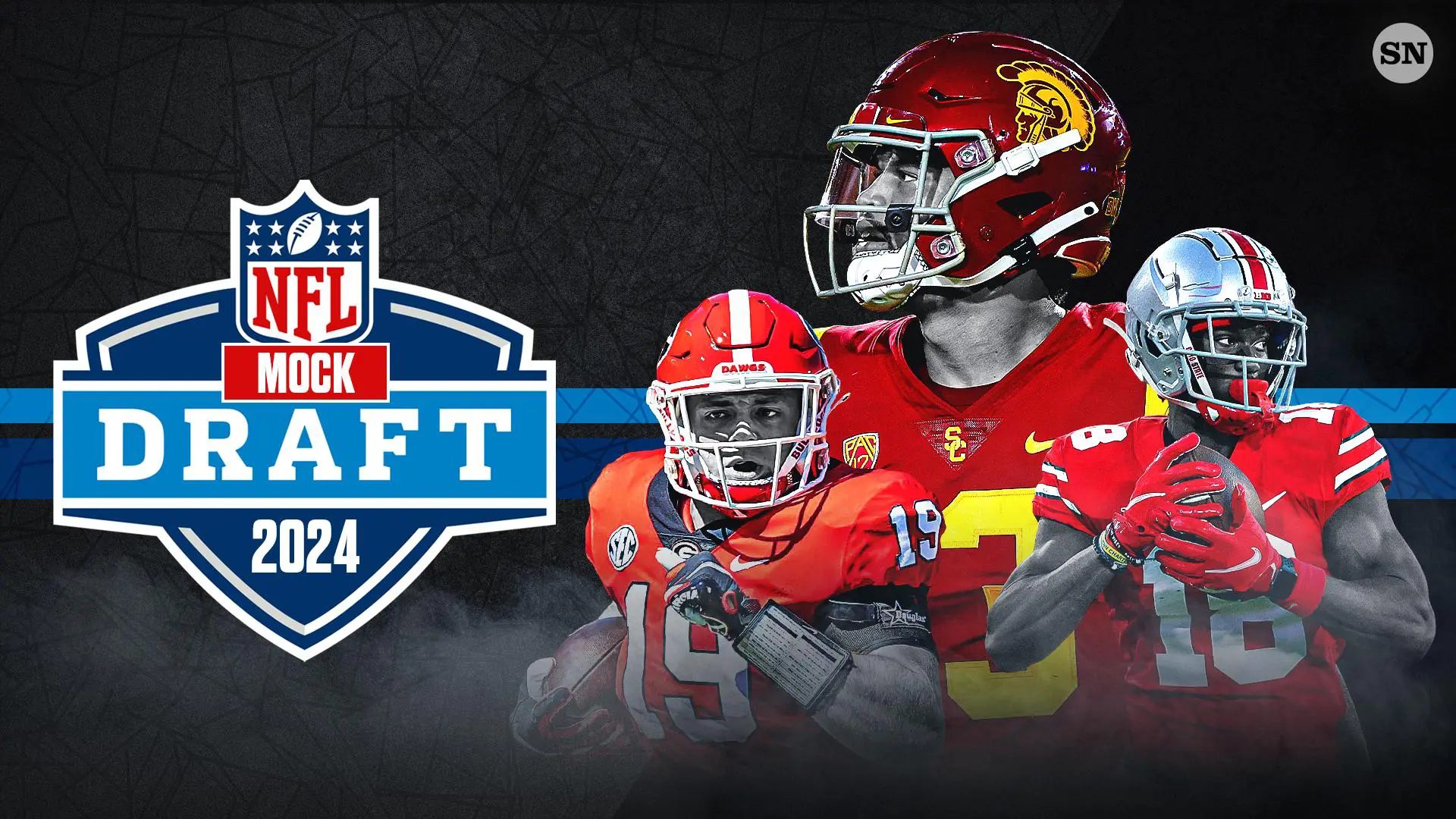The RKG: The Special Operator
3 min read
The RKG (The Right Kind of Guy/Guy) is a term that several famous NFL football coaches have used to describe “The kinda guy player we want on our team…the kinda player who fits our system; who embraces our culture…”

Former San Francisco Forty-Niners head coach, Mike Singletary, was one of these coaches. He is famous for dressing down his young star player at the time, Terrell Owens, while sulking on the sidelines during a globally televised Monday Night Football game. Owens got the message. Soon thereafter, Owens became the coaches’ RKG.
Former Dallas Cowboys head coach, Bill Parcells, was also known for recruiting RKGs on his championship teams as well. Hall of Famer, Lawrence Taylor, was a RKG. He once showed up to football practice with a lampshade on his head, but because he was a RKG, he got away with it!
So what is a RKG?
For every organization, the RKG is a slightly different individual – with a different set of attributes. Notice I said, “attributes” and not skills or experience. The RKG is someone who when you see he/she, you’ll recognize it in a few minutes.
As an example, the typical RKG on a US Special Forces team that I trained, mentored, and coached over the years, had common attributes. Here is what I observed:
· Extreme Ownership: the ability to consistently own what you do – good or bad. You’re accountable and you got your buddy’s back. If a person under your command makes a mistake, it’s your fault. You never chastise outside of your unit but within the team itself.
· Improvisation: when the first bullet whizzes by on the battlefield or UH-60 lands on the objective, the plan may times goes out the window…now what do we do? The ability to improvise is critical to battlefield success in the military, particularly, SOF (special operations forces).
· Courage: I am not talking about courage on the battlefield – that is a given, but courage in everyday interpersonal communications, both individual and in group meetings. The ability for anyone on the team to challenge a CONOP (concept of operations) is critical to the mission being successful. Input is needed up and down the chain of command including the E-3 at the bottom.
· Humility: By the end of the initial selection process (BUDS for SEALS and SFAS/Q Course for Green Berets), most of the dudes with the big egos have been washed out. The body-building gym rats rarely make the cut. In this line of work, hubris is deadly on the battlefield. You are never overconfident and you never underestimate the enemy.
· Determination: Quite simply, your leader quits on the battlefield, and your unit could disintegrate very quickly. The selection processes are not necessarily to test the strength or physical endurance but to weed out the quitters. The selection process is designed to identify that one weakness that everyone has; every person that goes through “selection” will think once or twice about quitting, and the ones that actually do are sent back to Big Military. Quitting is never an option in SOF.
· Communication & Collaboration: SOF units must communicate effectively within their own team, company, battalion, brigade, and across multiple communication platforms as well as different units altogether whether it be within their own command structure or a multi-national force.
· It’s a Calling: The best special operators I have ever known have one distinct quality: they risk their lives every day because they want to be there. Contrary to popular culture and movies, few do it because they want to be, “the best of the best…” Neither are the best the ones who do it for, “9/11, patriotism, or because my father served” The best ones do it because they have always wanted to do it – since they were a kid. For this special cadre of men and women, it is not just a career…it’s simply what they do…and what they have always wanted to do. It’s a calling. That’s a RKG.
So the question now becomes – what about the corporate world? How is that different? Only you can determine this by carefully paying attention to what is going around you in your own firm or workplace. What is the mission of the firm? What are their core values? What is their purpose? Why are those around you getting promoted? How about the long-term strategy of the firm?
We will dive into the business version of the RKG in next week’s blog. Are you a RKG in your firm? Stay tuned for next Friday’s blog and you will find out!
Rob Houghton



